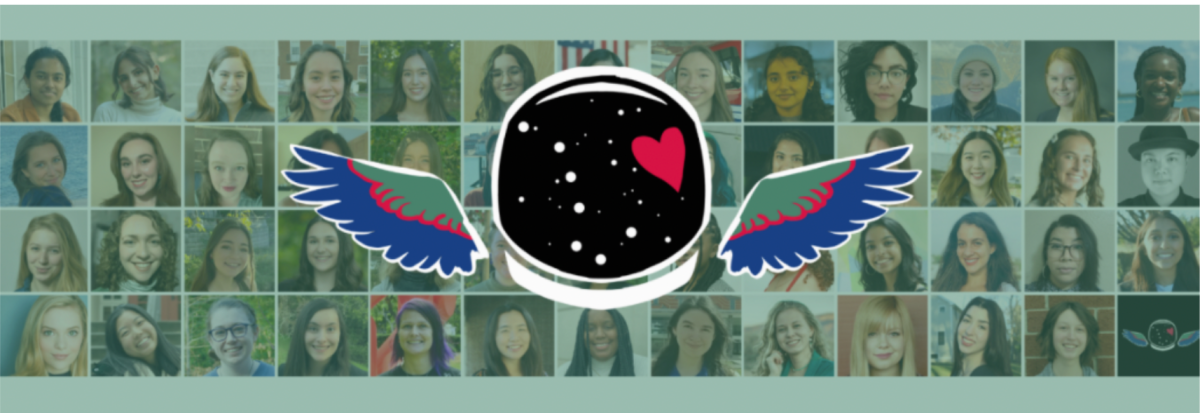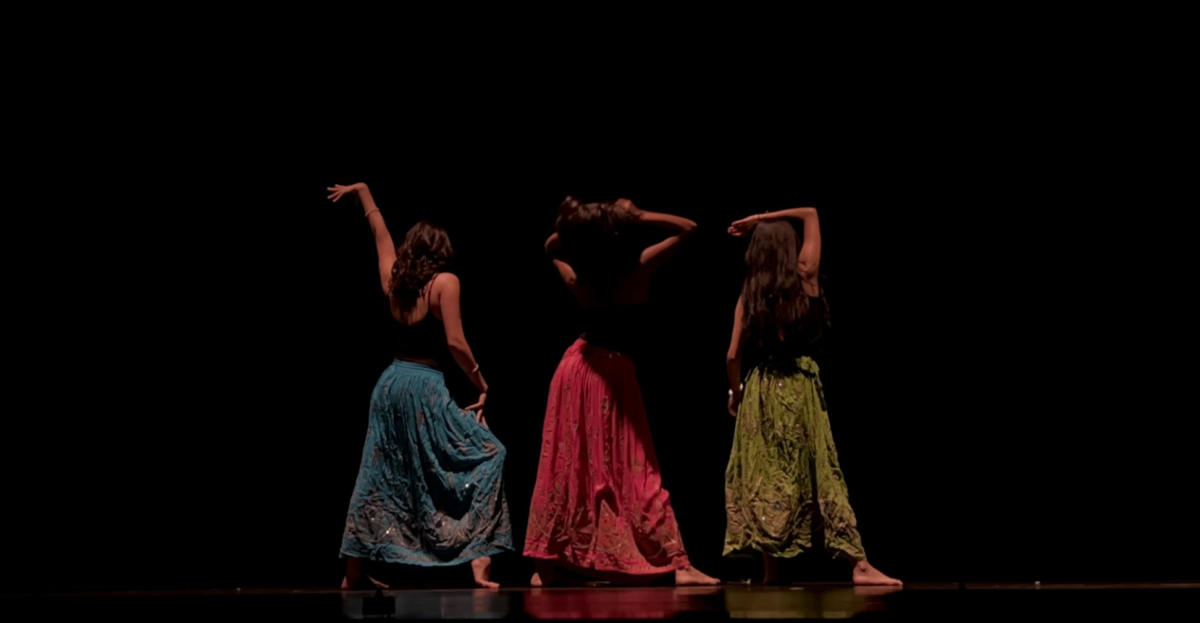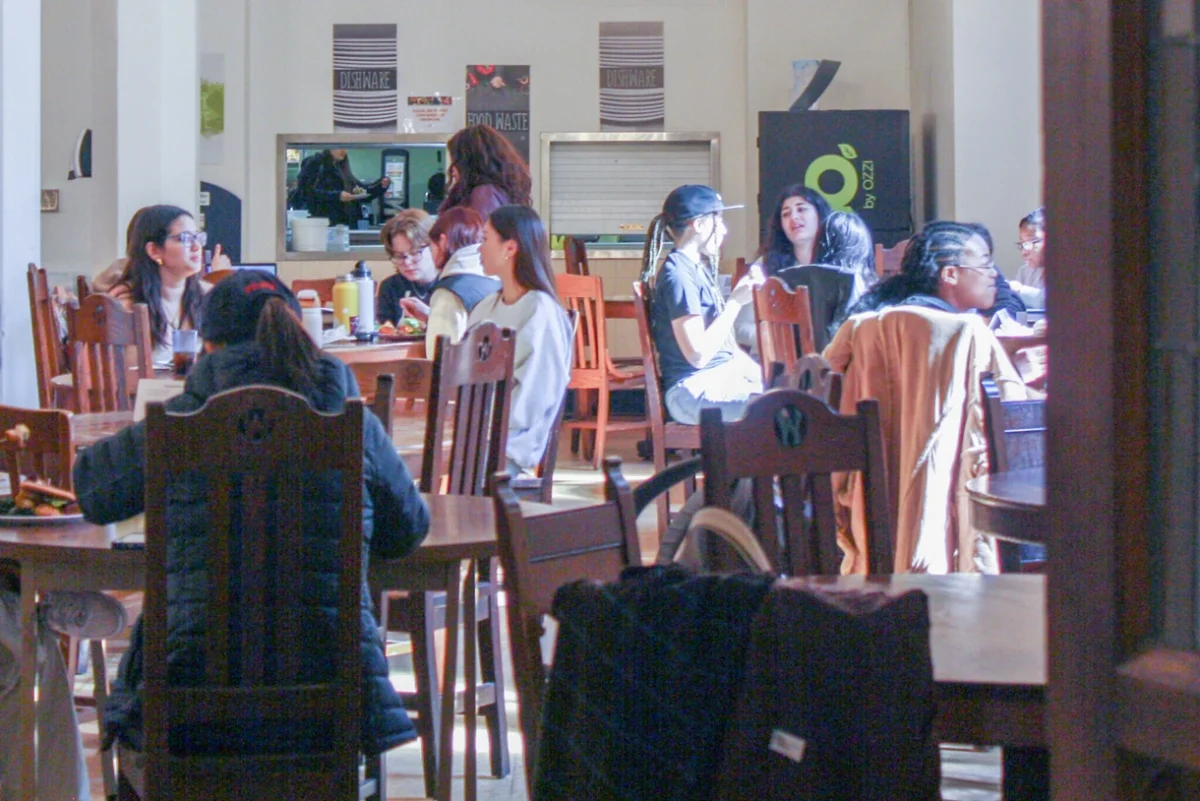In late January, 51 undergraduate students from around the world were selected as recipients of the Brooke Owens Fellowship, a nonprofit program that honors distinguished students who are not cisgender men with aerospace internship opportunities, a senior mentorship and a professional network. Among the over 1,000 applicants, two current Wellesley College students — Marie Villarreal ’23, studying international relations-political science, and Grace Wilson Jackson ’22, studying peace and justice studies and astronomy — have been selected as part of the next generation of “Brookies.”
The road to this opportunity, which both Villarreal and Jackson described as their “dream” job, was unconventional. They learned about the fellowship on social media and were intrigued by its diverse offerings.
“We’re both humanities majors, not looking to go into astro research or engineering, so it was super exciting that they had policy-specific opportunities geared toward what I want to pursue,” Jackson said.
They utilized critical thinking and research skills from their time at Wellesley, especially during the months-long application process. Both students wrote their main essays for the fellowship about what they could contribute to their aerospace internships as social science majors.
“Liberal arts has prepared me for finding those intersections … that … draw from a lot of subject areas,” Villarreal said, “I’ve taken classes in economics, astronomy, women’s and gender studies, and little bits of all of that are going to play a role in helping me with this fellowship and future goals.”
Despite majoring in international relations-political science, this fellowship is not in a field outside of Villarreal’s comfort zone — her childhood was spent immersed in amateur astronomy culture in Arizona.
“My dad was a pilot so I was always around planes, always going to the observatory for field trips, my house had so many books on space,” Villareal said.
This interest was revived at Wellesley when she took astronomy classes to fulfill a distribution requirement and loved them. She began to try to find ways to connect her international relations major to astronomy, like writing a paper on space security issues as part of a class she took at MIT this past year. According to Villarreal, her non-STEM major gives her a strong background for an interesting niche — space policy and regulation support.
“Technology is outpacing regulation and law so much that there is a real need for policy … to catch up and help support the commercial space flight industry and scientific exploration,” Villareal said.
Jackson expressed a similar sentiment and thinks that her peace and justice experience set her apart from other candidates.
“I’ve had to talk to policymakers about engineering topics and space and astronomy topics and the reverse. I’ve gotten really good at being this bridge and speaking both languages very fluently … because of my double major,” Jackson said.
Both of them credit Wellesley for helping them with their applications.
“Through the Wellesley network and through the Wellesley Hive I’ve gotten very used to cold-emailing people and being like, ‘Hi, I want to talk to you please.’ And the Wellesley community is so wonderful that 90% of the time they’re like ‘Yes! I would love to talk to you, let’s have coffee or Zoom,’ or whatever it is,” Jackson said.
Villarreal agreed — she had messaged a previous Brooke Owens fellowship winner on LinkedIn who was also an international relations major, and she was able to set up a call with her. Both Jackson and Villarreal highly encouraged other interested Wellesley students to reach out and ask questions.
“You don’t have to be an astro or even a STEM major to do it, so feel free to reach out … We’d love to see more Wellesley people get involved in the program,“ Villarreal said.





